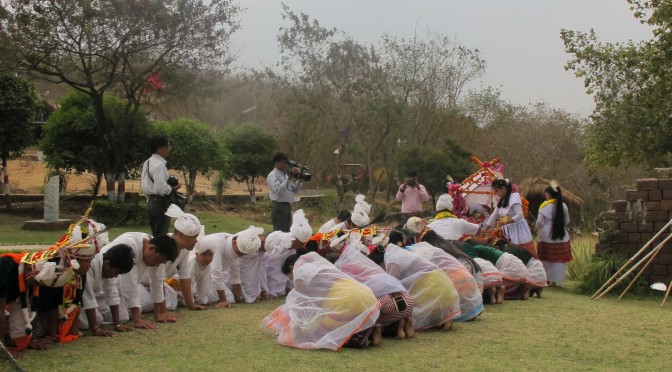A Platform CEFRES workshop organized by Jana Vargovčíková (CEFRES & FF UK) and Kateřina Merklová (FF UK).
Where: CEFRES, Národní 18, conference room on 7th floor.
Language: English.
See the call for papers here.
Discussants:
Hélène Michel (SAGE, Institut d’Études Politiques in Strasbourg) Michael Smith (CERGE-EI, Czech Academy of Sciences) Ondřej Císař (Institute of Sociology, Czech Academy of Sciences) Mitchell Young (Institute of International Studies, Faculty of Social Sciences, Charles University in Prague).
9:15-9:30 — Welcome & Opening
9:30-11:30 — Panel 1
Armèle Cloteau, Laboratoire Printemps, UVSQ –Paris Saclay, France: “The Angels of Europe – European External Affairs employees: in-house entrepreneurs of Europe”
Lola Avril, Université Paris 1 Panthéon-Sorbonne, France: “Lobbying and influence: lawyers in competition law as actor in european policies”
Oriane Calligaro, Université Libre de Bruxelles, Belgium: “The Open Society Foundation, Advocacy NGOs and the Making of EU Anti-Discriminatory Norms”
11:30-11:45 — Coffee Break
11:45-13:00 — Panel 2
Katarína Svitková, Charles University, Czech Republic: “The Role of Private and Hybrid Actors in Urban Resilience and Security”
Olivier Gajac, Centre Émile Durkheim, Bordeaux, France: “The Private Universities in the Education System in Turkey: Shared Interests Among Economic Actors, Political Power and New Elites”
13:00-14:30 — Lunch
14:30-15:50 — Panel 3
Jaromír Mazák, Tomáš Diviák, Charles University in Prague, Czech Republic: “Transactions in multidimensional social networks: The case of the Reconstruction of the State”
Tomáš Korda, Charles University in Prague, Czech Republic: “Emancipation of the universal will from the particular one”
15:50-16:00 —Coffee Break
16:00-17:20 — Panel 4
Milos Resimic, Central European University, Budapest, Hungary: “The role of networks in privatization in post-Milosevic Serbia”
Vít Šimral, University Hradec Králové, Czech Republic: “Regulating Lobbying in Europe: No Model Fits All”



